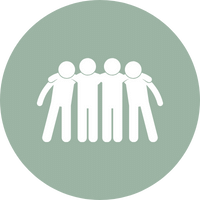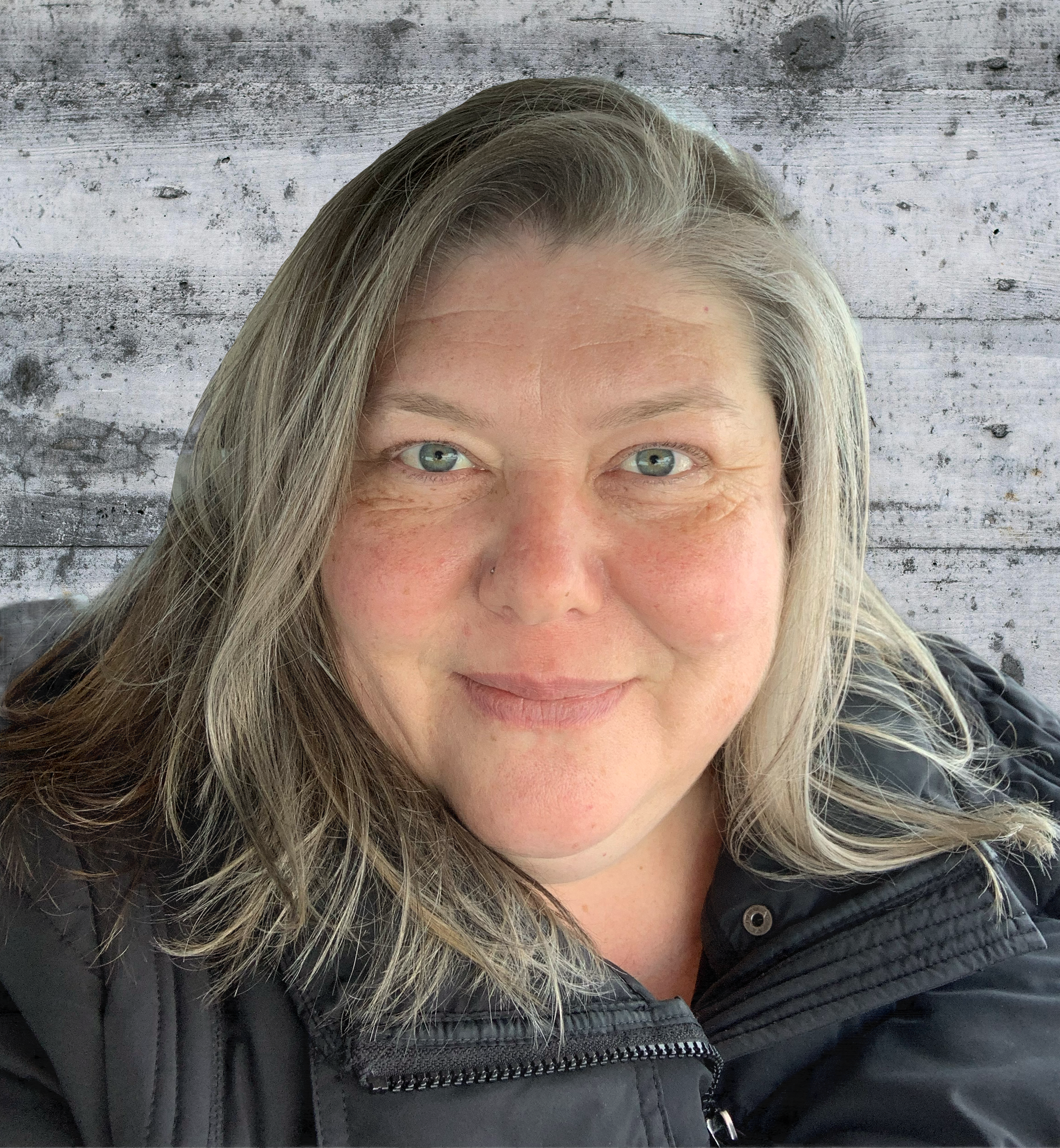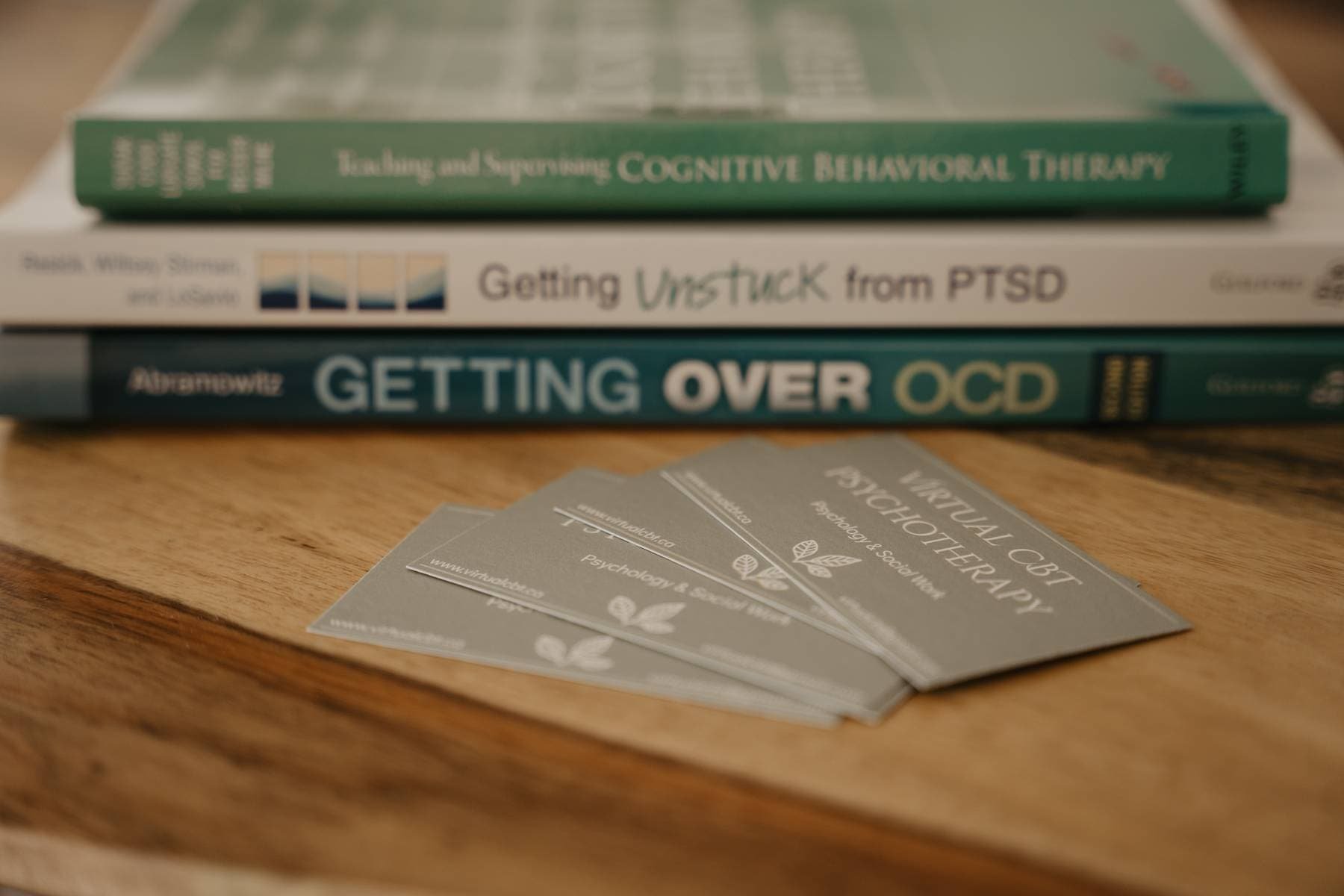
Anxiety Therapy Near Me: Qualified CBT Therapists
We help you understand why your anxiety triggers you. Our expert guidance can help you find peace in your life.
Online Counselling Clinic in Ontario: Your Journey to Mental Wellness
Are you tired of feeling held back by your anxiety and stress and looking for therapy near you?
Perhaps you have been obsessing over something or worrying too much about the future. Thankfully anxiety is treatable - So it's time to take control and start living your life to the fullest! We use therapy approaches that work so that you can put an end to your anxiety.
Book a free consultation and we will match you with a qualified anxiety specialist in Ontario. At Virtual CBT, we have a variety of certified specialists to choose from.
Welcome to Virtual CBT!
Why Virtual CBT Clinic for My Anxiety?
Access Therapy From Anywhere in Ontario
Our skilled therapists are here to help! Whether you're in Midland, Barrie, Ottawa, or anywhere else in Ontario, you can access counselling from the comfort of your own home. Through our secure video platform or by telephone, you can connect with our experts.
Learn Tools that Work
We understand how overwhelming anxiety can be. That's why our therapists focus on empowering you with coping tools and skills tailored to your needs. Together, we'll work to overcome your fears and manage your anxiety so you can start feeling better.
We Have a Variety of Skilled Specialists
With a diverse team of psychotherapists, we'll find the right match for you. We have a variety of qualified and experienced specialists to choose from!
We Use Therapies that Work!
Are you curious about the effectiveness of Cognitive Behavioural Therapy (CBT) for anxiety? Learn more about the Effectiveness of CBT Therapy for Anxiety.
Anxiety Disorders that We Treat
Specific phobias or fears (e.g. emetophobia, driving phobia, flying, claustrophobia, blood and needles)
Obsessive-compulsive disorder (OCD) (Learn more about exposure and response prevention ERP for OCD)
Connect with an Anxiety Expert
Don't let anxiety hold you back any longer. Click the button below to learn more about our therapies and how they can help you feel better.
Our Clinical Directors will meet with you and match you with a qualified CBT therapist who specializes in your unique symptoms.
Meet Our Anxiety Therapists
-
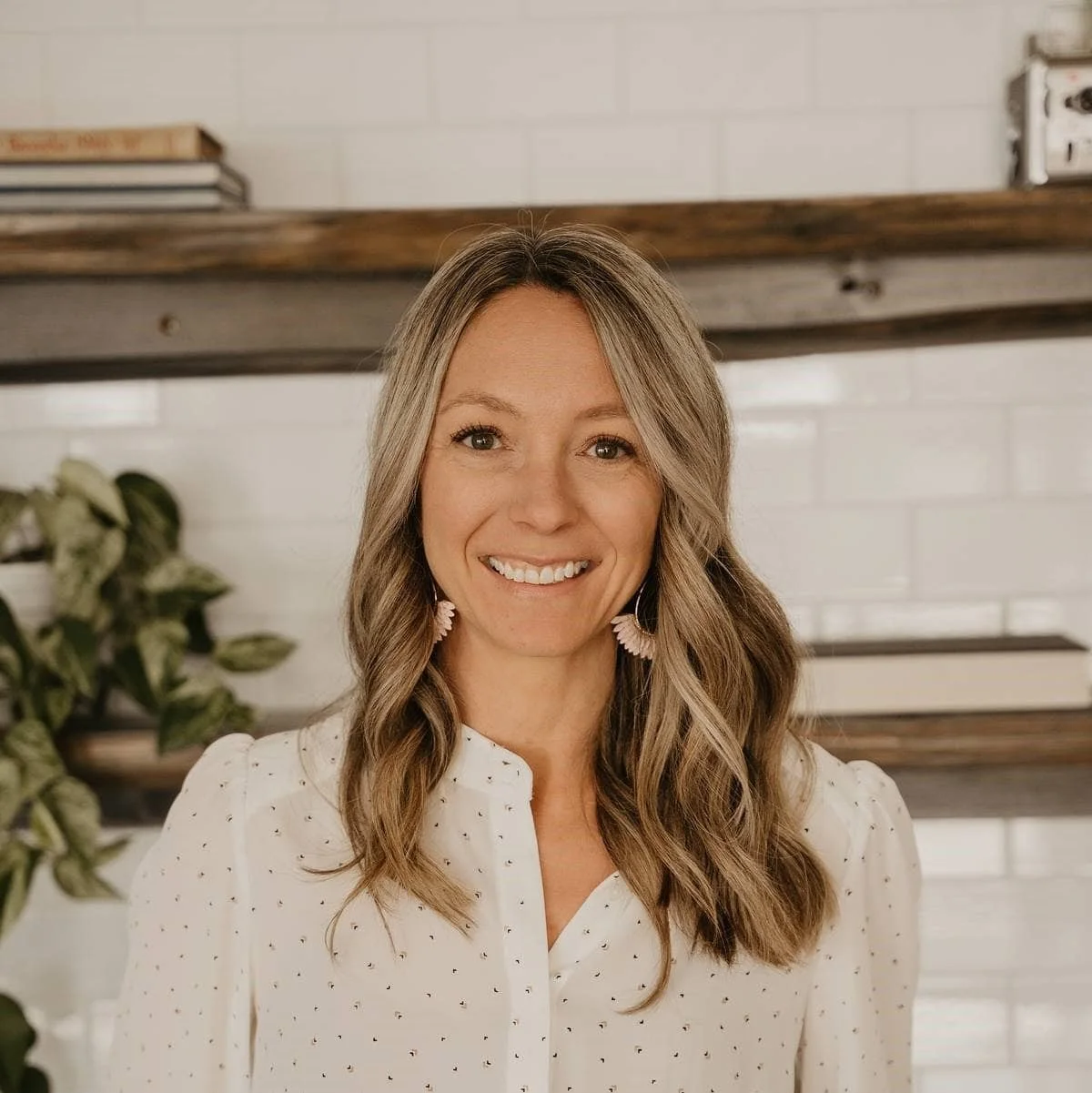
Celissa Vipond, RSW, MSW
-
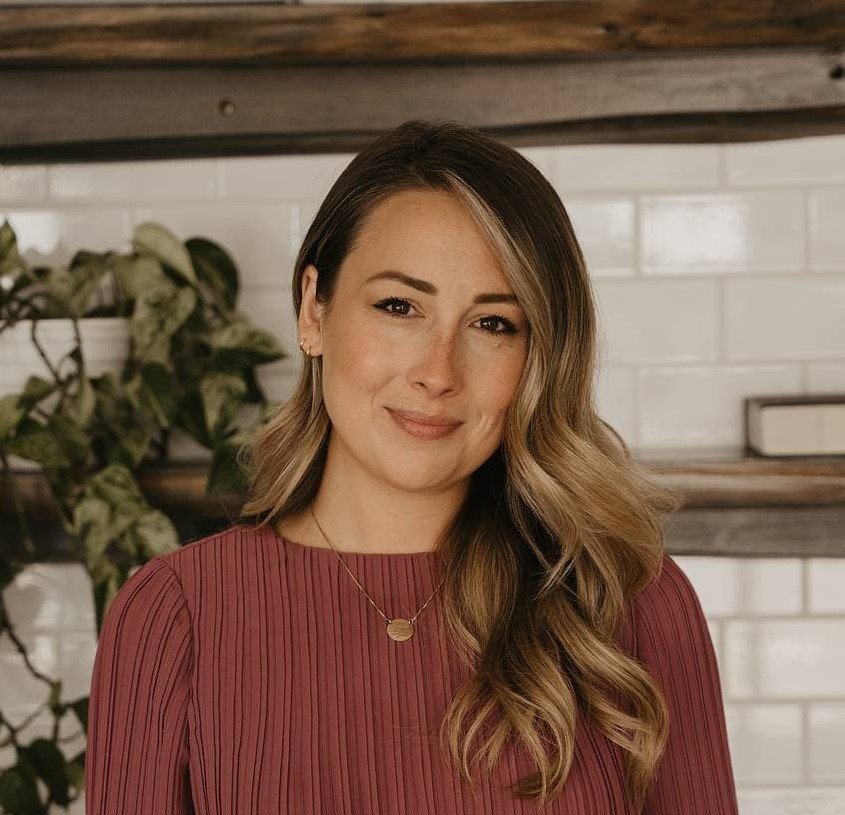
Melissa Lindstrom, RSW
-
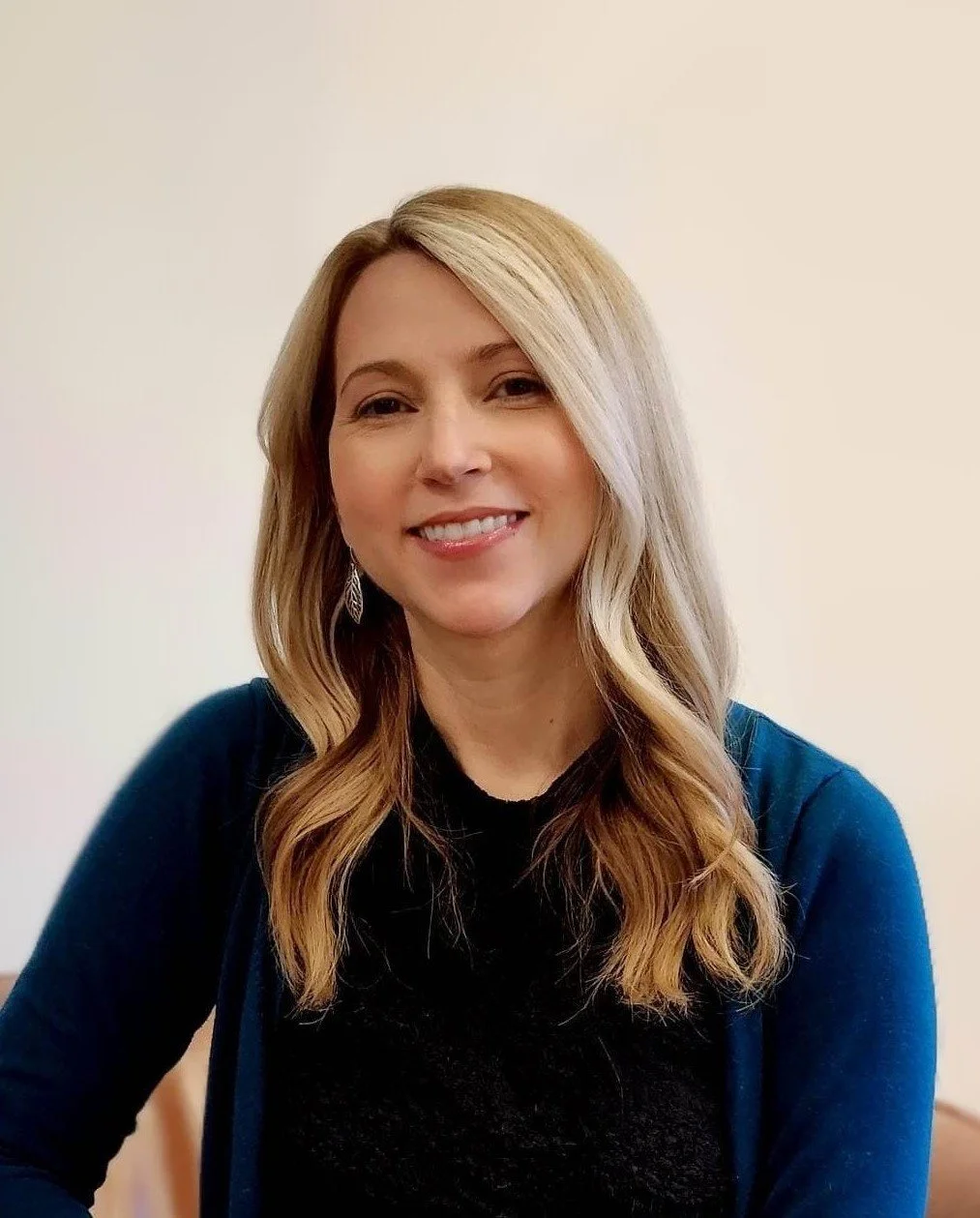
Vanessa Moser, RSW, MSW
-
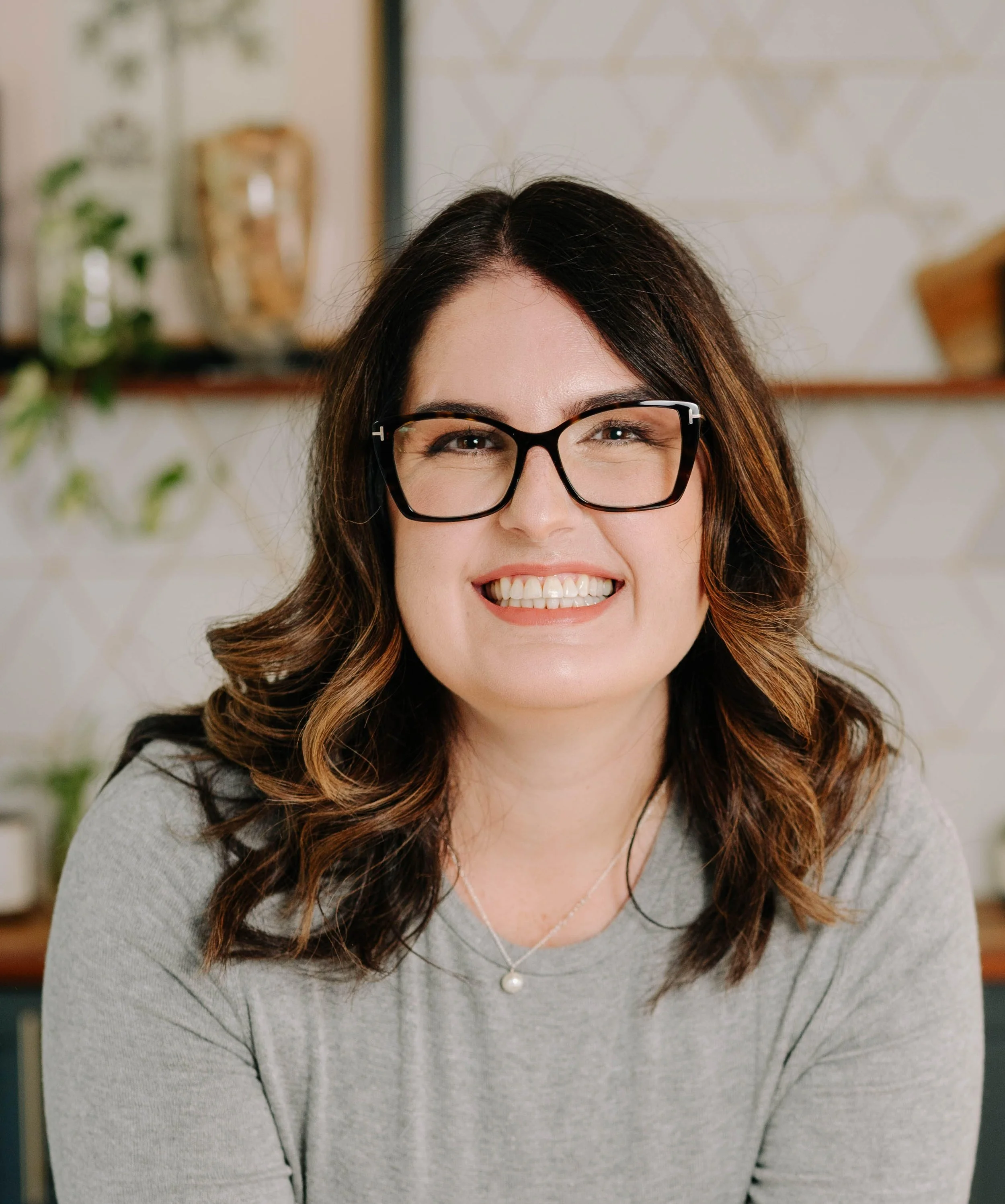
Jennifer O'Connor, RP
-

Alpar Szotyori, RP
-
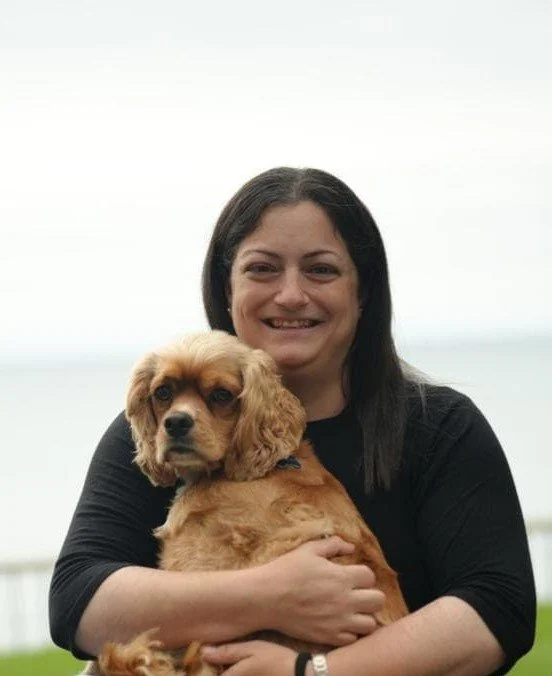
Alana Weinberg, RSW, MSW
-

Angela Hammond, RSW, MSW
-
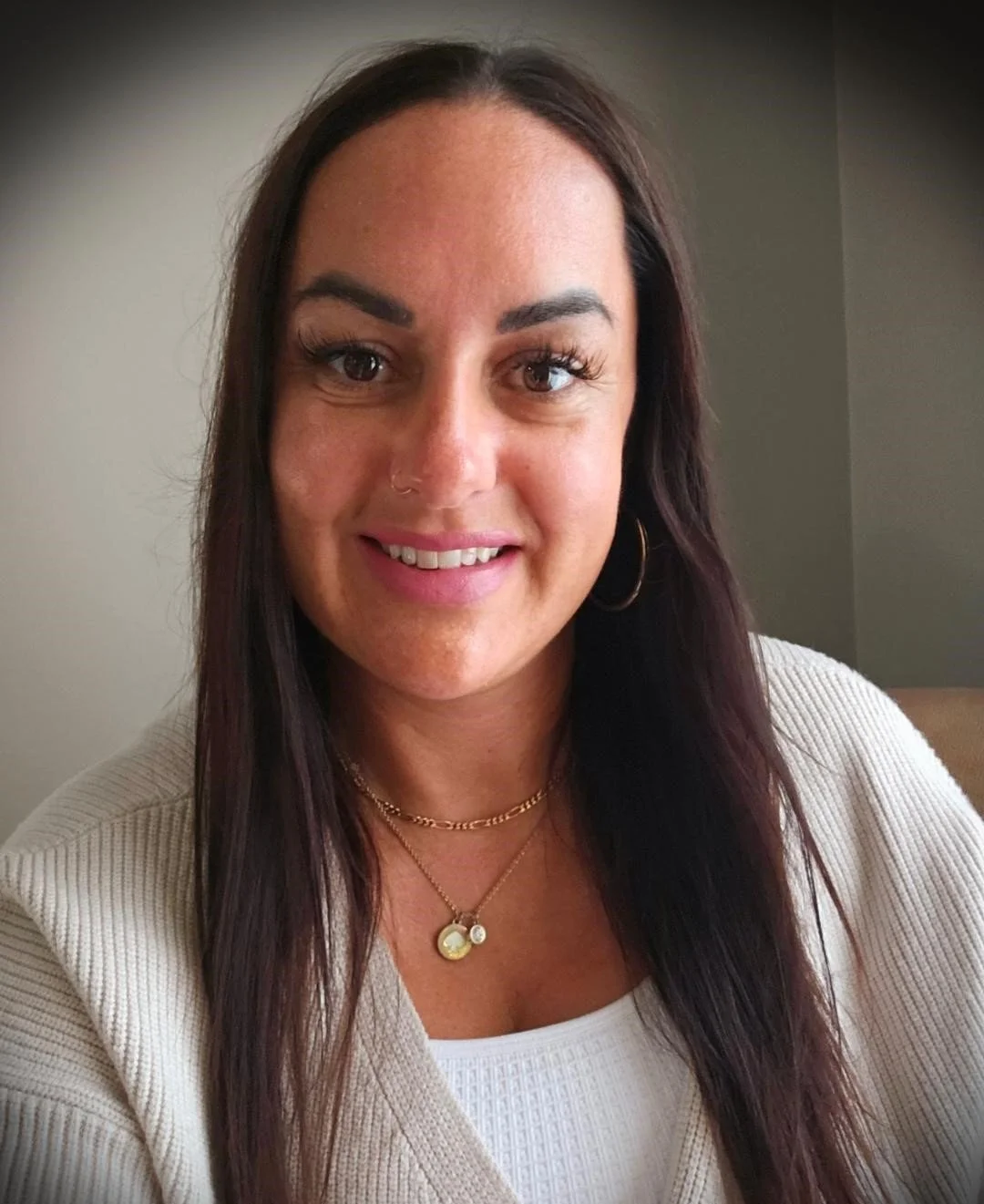
Crystal Pacheco, RSW, MSW
-
Danielle Pearson, RSW, MSW
-

Denisa Caceres, RP
-

Kimberley Ross, RSW
-
Nicole Moore, RSW
Rates of Anxiety
According to Anxiety Canada, approximately 12% of the Canadian population experiences anxiety disorders.
Thankfully anxiety is a treatable condition!
"Courage is not the absence of fear, but the triumph over it." - Nelson Mandela
Anxiety Test
To determine if you have symptoms of anxiety, you could do a self-screener called the Generalized Anxiety - 7 (GAD-7).
Learn more about the Physiological Symptoms of Anxiety. Sometimes people will score very low on the GAD-7 if they avoid a lot of situations and it is not meant as a diagnostic tool.
What is an anxiety (Source: Psych Hub)
Signs & Symptoms of Anxiety
Constant worry or fear
Difficulty concentrating
Disrupted sleep or insomnia
Irritability
Muscle tension
Mind racing
Changes in your appetite
Physical sensations like heart racing, difficulty breathing, nausea
Blog posts on anxiety
Can CBT Truly Halt Panic Attacks
Arachnophobia: Overcoming the Fear of Spiders
Explore our Therapy Blog
Treatment Components in Anxiety Counselling
The elimination of safety behaviours
Exposure therapy
Mindfulness for anxiety and stress
Relaxation for anxiety (E.g. progressive muscle relaxation, deep breathing, visualization, etc.)
DBT skills (e.g. mindfulness, distress tolerance, emotional regulation, interpersonal effectiveness)
Problem-solving
Thinking skills (e.g. thought records)
Frequently Asked Questions (FAQs): Anxiety Therapy in Ontario
-
Exposure therapy is a type of treatment that helps people face and overcome their fears or worries. It works by gradually introducing them to the things they fear in a safe and controlled way.
For example, if someone is afraid of dogs, exposure therapy might involve looking at pictures or videos of dogs. Then, the person may work on being in the same room as a calm dog. Eventually, the person could interact with the dog (e.g. petting it).
Exposure therapy helps you learn that their fear is not as scary as they thought. It also helps them feel more confident and in control.
-
It is normal for your anxiety to increase temporarily when you start doing exposure. But you will quickly learn that you can handle it and that it will go away if you don’t try to push it away.
Wouldn’t exposure therapy be worth it if you could live a calmer future?
-
Anxiety will tell you to avoid exposure and that is completely normal! At VCBT, we will never force you to do anything. We are here to help you feel safe and to challenge you to confront things that scare you.
We will work with you so that you are doing exposures that are challenging but manageable.
If you are not ready to start exposure therapy, we can teach you other skills to boost your confidence.
-
Cognitive Behavioural Therapy (CBT) is very effective for treating anxiety disorders.
Research suggests that about 50-60% of people who complete CBT counselling have improvements in their anxiety symptoms (Hofmann et al., 2012).
CBT helps people to recognize and challenge their negative thought patterns and behaviours. It helps you to learn coping skills, which leads to less anxiety over time.
Reference:
Hofmann, S. G., Asnaani, A., Vonk, I. J., Sawyer, A. T., & Fang, A. (2012). The Efficacy of Cognitive Behavioral Therapy: A Review of Meta-analyses. Cognitive Therapy and Research, 36(5), 427–440.
-
During a therapy session, you can expect to:
Talk with your therapist about your feelings, thoughts, and experiences. They'll listen to you without judging and try to understand what you're going through.
They might ask you questions to help you explore your emotions and challenges.
You will work together on finding solutions to your anxiety.
They may teach you skills to deal with your anxiety.
They may help you set homework (or self-therapy) so that you can make changes in your real life.
-
The number of sessions to help reduce anxiety symptoms varies from person to person. How long you'll need treatment depends on how serious your anxiety is, how much you want to get better, and how often you come to therapy. CBT works best weekly if you can attend sessions every week.
Research suggests that many people start to have improvements in their anxiety within 12 to 16 weeks of weekly CBT sessions (Hofmann et al., 2012).
At Virtual CBT, we have had people feel better in as little as 4-6 sessions. But, these clients had mild symptoms of anxiety.
Reference:
Hofmann, S. G., Asnaani, A., Vonk, I. J., Sawyer, A. T., & Fang, A. (2012). The Efficacy of Cognitive Behavioral Therapy: A Review of Meta-analyses. Cognitive Therapy and Research, 36(5), 427–440.
-
Medication isn't always necessary for treating anxiety. Therapy alone can be effective for many people.
Therapy helps you learn new ways to handle anxious thoughts and feelings. But for some folks, a combination of therapy and medication works best.
It depends on the person and how severe their anxiety is. It's important to talk with a doctor or therapist to figure out what's right for you.
Reference:
National Institute of Mental Health. (n.d.). Psychotherapies.
-
If you prefer in-person mental health treatment, you can use a search directory. Some directories that we like to find a therapist are:
Psychology Today
Canadian Association of Cognitive and Behavioural Therapies (CACBT)





